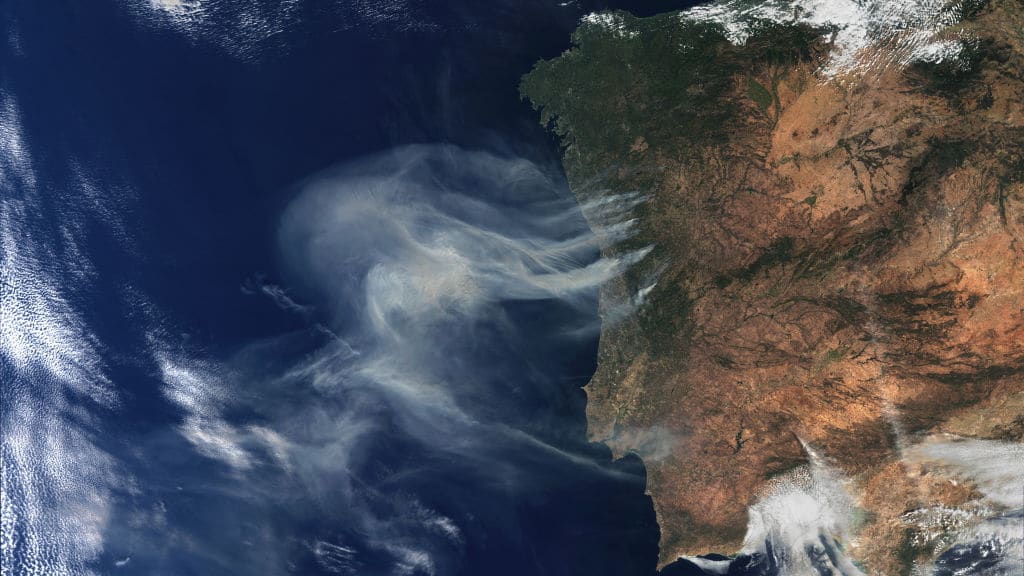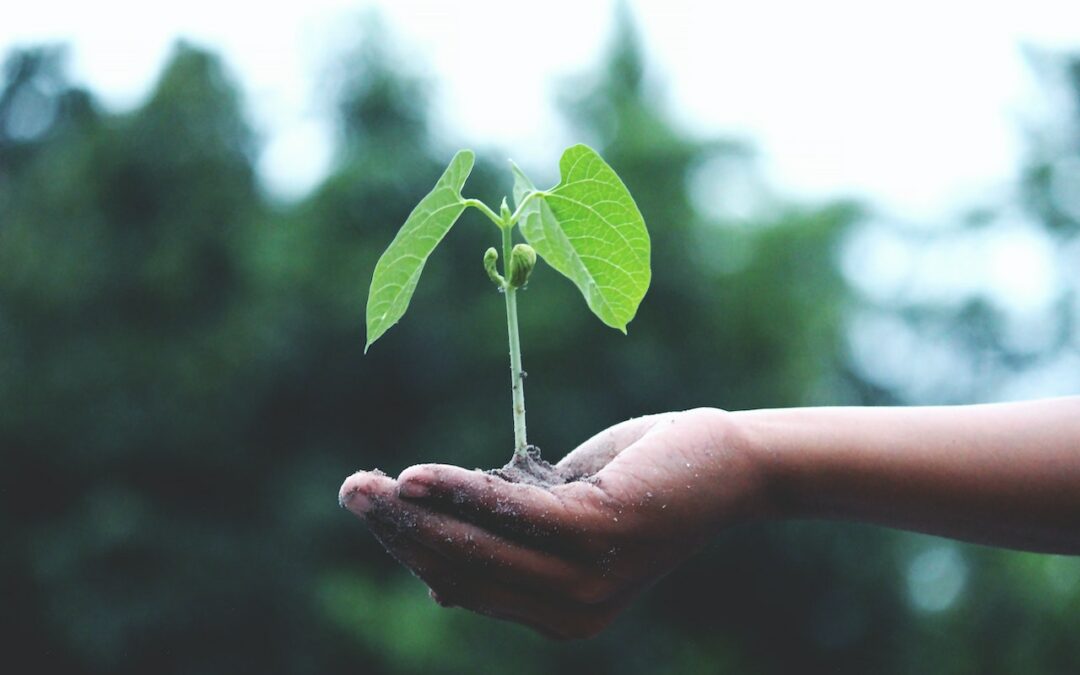
by Komoneed | Sep 22, 2024
Canada’s carbon emissions are down for the first time since the pandemic, according to a 2023 estimate from publicly funded think tank the Canadian Climate Institute. The drop of 0.8 percent between 2022 and 2023 brings the total reduction since the baseline year of 2005 to eight percent — a long way from the 2030 […]
The post Canada’s Carbon Emissions Down for First Time Since Pandemic appeared first on EcoWatch.

by Komoneed | Sep 22, 2024
Raging wildfires across Portugal — likely caused at least in part by arsonists and exacerbated by the country’s unique climate — have killed seven, injured dozens and prompted a state of calamity for areas hit hardest, mostly in the north. Although firefighters have since quelled most of the flames, the fires have destroyed multiple homes, […]
The post Portugal Declares State of Calamity After Wildfires Kill 7 appeared first on EcoWatch.

by Komoneed | Sep 22, 2024
Recent research has revealed that many Australians are unnecessarily throwing away food due to not clearly understanding the meaning of food date labels and storage advice. Each year, about one-third of all food in Australia is either lost or discarded.
The study’s lead author, Associate Professor Lukas Parker from RMIT University, said date labels were widely misunderstood by Australians because they were confusing.
“Consumers want clear, consistent and easy-to-read information,” he said.
“Date labels should be in a large font with contrasting colours so that they are easy to find and interpret.”
Use-by dates show the last day a product is safe to eat, while best-before dates show peak quality. Food should be safe past the best-before date if not damaged, deteriorated or perished.
The study showed that while many of the 125 consumers interviewed understood the difference between use-by and best-before dates, they often discarded food when it reached either date.
Older and retired Australians were less likely to worry about date labels, while young families were more likely to throw away food once past its best-before or use-by date.
The study found advice such as ‘store in a cool, dry place’ was interpreted as vague and unhelpful.
Parker said a solution could be labels with practical tips on properly storing food and sealing packaging. “Including specific temperature guidelines for storage on packaging would help,” he said.
“Particularly in a cost-of-living crisis, people need information on how to properly store and prolong the shelf life of food.”
Parker also recommended that people use their own senses to test the freshness of food, rather than over-relying on printed best-before dates.
“We need people to feel, touch and smell food, not just rely on its best-before date,” he said. “Fresh produce often doesn’t have date labels and we manage just fine, yet products like salt are often needlessly sold with best-before dates.”
Parker said that buying to eat, rather than to store, was a simple way for consumers to reduce food waste and save money. “Smaller, more frequent shops is a simple way to reduce your food waste,” he said.
“Having less food in our fridges and pantries means we’re more likely to use products quickly and throw less away.
“We all need to recognise that we waste food. Focus on what you do and what you can do next to reduce it.”
The research was conducted for End Food Waste Australia, a national organisation dedicated to improving the Australian food system’s productivity, resilience and sustainability. Parker and the team are working through the results of this latest study with government and industry representatives.
The report, published by RMIT University and the End Food Waste Cooperative Research Centre, can be read here.
Image credit: iStock.com/JackF

by Komoneed | Sep 20, 2024
The Comprehensive Action for Climate Change Initiative (CACCI) Factsheet
Teaser Text
CACCI is a global, USAID program designed to help countries develop and implement ambitious climate policies and practices to mitigate climate change and increase resilience.
jschoshinski
Tue, 09/17/2024 – 16:11
Publication Date
08/31/2024
Projects
USAID Comprehensive Action for Climate Change Initiative (CACCI)
Sectors
Climate
Region
Global
Hide Sidebar
Off

by Kate Mothes | Sep 20, 2024
Aboard a research vessel, artists are provided with a berth on each expedition, exploring a wide range of global marine phenomena.
Do stories and artists like this matter to you? Become a Colossal Member today and support independent arts publishing for as little as $7 per month. The article Art and Science Set Sail in Schmidt Ocean Institute’s Artist-at-Sea Program appeared first on Colossal.





